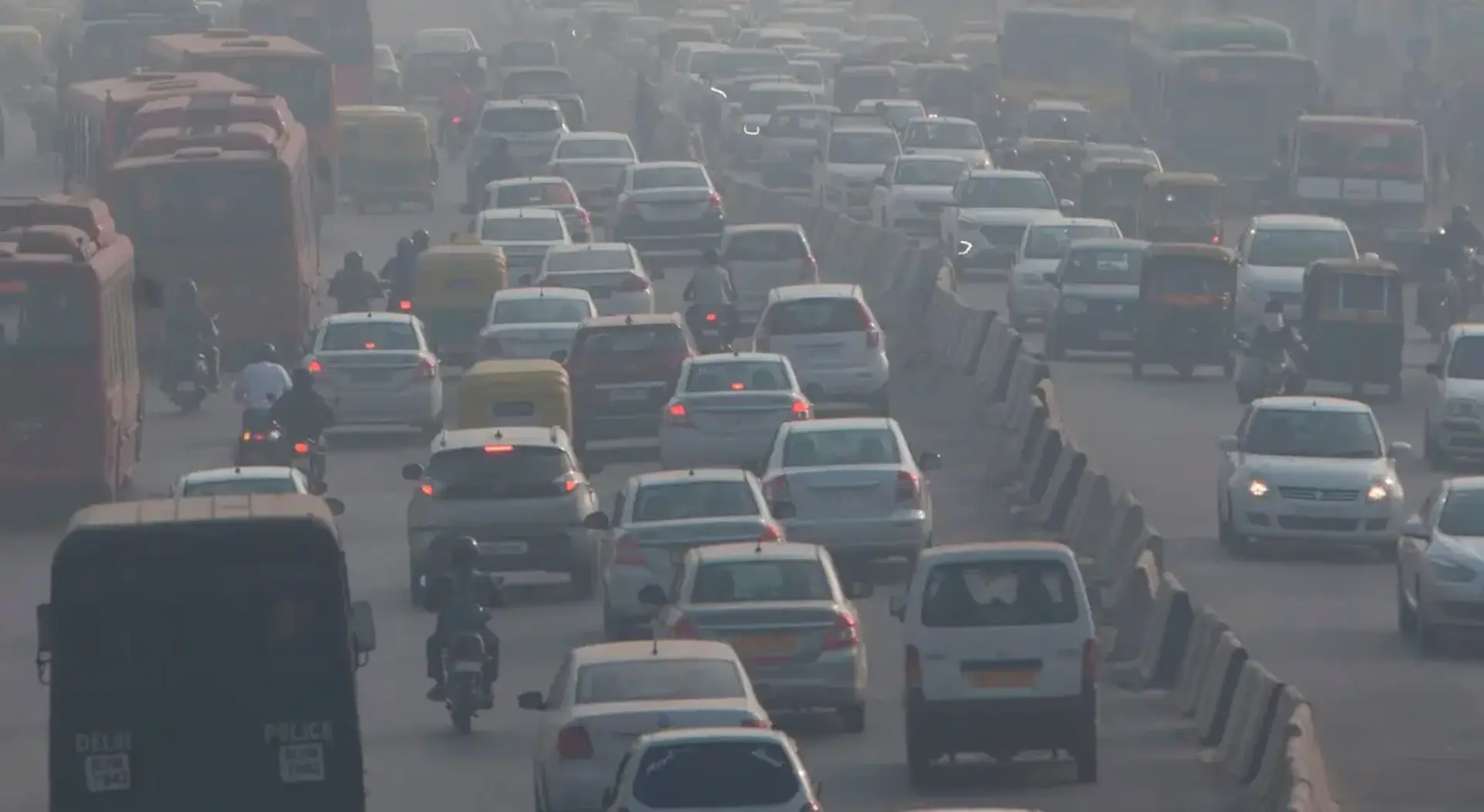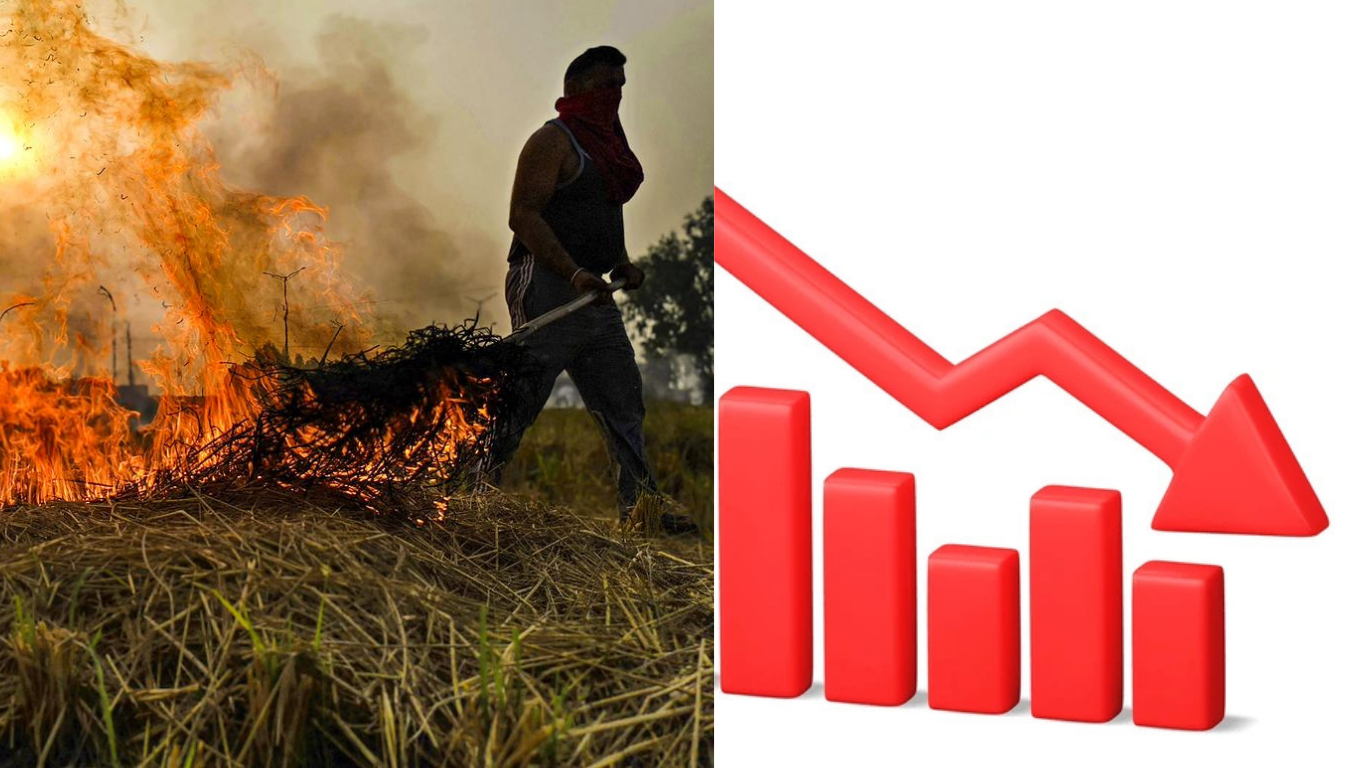
Delhi's bold move to ban old vehicles from the roads has run into trouble. The state government has asked the Commission for Air Quality Management (CAQM) to take another look at the policy. Officials state that there are huge technological hurdles and complex system issues that make it hard to put the ban into action right now.
Environment Minister Manjinder Singh Sirsa, speaking at a press conference Thursday, acknowledged widespread public dissatisfaction with the measure. "The government stands with the people who are facing genuine hardships due to this policy," Sirsa stated, emphasizing the need for a more practical approach.
The controversial ban, which took effect July 1, targets end-of-life vehicles—diesel vehicles over 10 years old and petrol vehicles exceeding 15 years. These deregistered vehicles face fuel restrictions at petrol pumps, with authorities impounding violators attempting to refuel.
Sirsa criticized the previous Aam Aadmi Party (AAP) government for implementing what he termed "excessively stringent norms" without considering ground realities. He argued that the policy's effectiveness is limited when restricted to Delhi alone, proposing instead a comprehensive National Capital Region-wide implementation.
The current enforcement mechanism involves coordination between the Transport Department and traffic police, who monitor petrol pumps for compliance violations. However, the government argues that technological limitations in tracking and verification systems make consistent enforcement challenging.
The policy revision request reflects growing concerns about the ban's practicality and public acceptance. Critics argue that while environmental protection remains crucial, implementation strategies must balance ecological goals with citizen welfare and technological capabilities.
The CAQM's response to Delhi's request will likely influence similar policies across the NCR, potentially reshaping the region's approach to vehicle pollution control.















